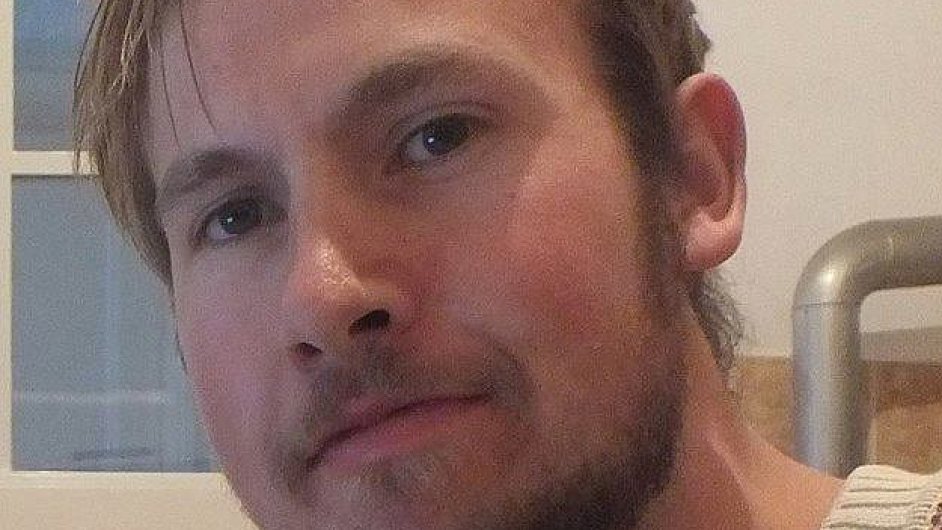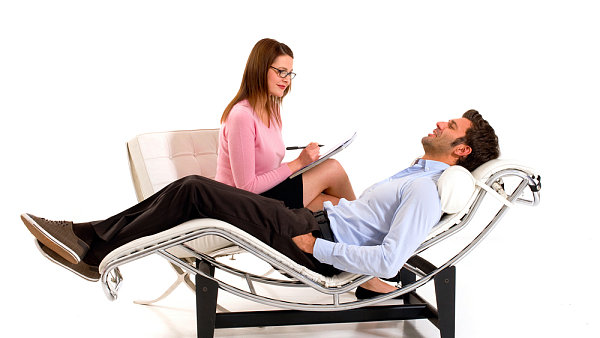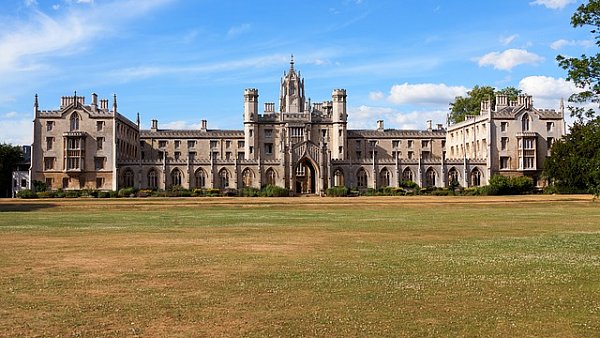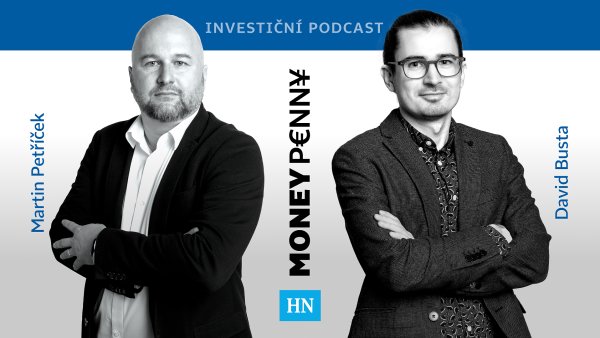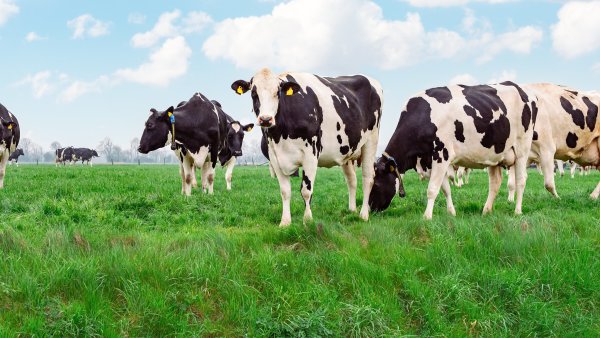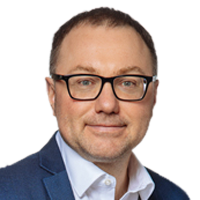When one of my friends told her grandmother she decided to become a journalist, her grandma replied “Won't you be ashamed?”. Some people just don't think journalism is an honourable job. Last year, it placed as fifth worst job at a survey by career guidance website CareerCast.com, mainly because of high stress risk and scarce career opportunities. On the other hand, as points out Jeff Bercovici from Forbes, for some people journalism is just the dream job. Opportunity to express yourself, constant learning and possibility to travel was what convinced Kristian Foss Brandt from Denmark to become a freelance journalist. The Student Times talked to him about studying journalism in Denmark and employment opportunities in media sector.
When and why did you decide to study journalism?
I guess I decided quite early that I wanted to try it out as I always thought I was good at writing. It came quite easy to me. Besides that I had an urge to get out and see the world. I decided quite early that being a journalist could give me those opportunities.
What did you study before college?
I studied at a normal high school in Denmark and then I went on to journalism school called Danish School of Journalism. It’s not a part of university but an independent school. At the Danish School of Journalism you don't need grades from high school like at normal university, you take a test instead that consists of different parameters like writing an article. The school is a university degree, just a different one, you get title called “profession bachelor”. After that you can take a master in journalism at university.
Why did you choose this school over university?
I chose this school because it had a better reputation than the other university degrees in journalism you could take in Denmark. It was more practical than based on theory. For instance you have one and half years of working as an intern out of the 4 years the education lasts for. I got a contract at a news agency in Denmark called Ritzau. However I actually had my first summer job as a journalist already after my first semester. I got it at a local newspaper where I am, in the west of Denmark.
So you are a “profession bachelor”? Are you pursuing a master?
Right now I am pursuing my second bachelor in Eastern European Studies at Copenhagen University to get a better knowledge about countries in Central and Eastern Europe. After that I will pursue a master somewhere abroad.
Some people never get back to school
How do you arrange your internship? Does the Danish School of Journalism have contracts with news agencies or do you have to fix it up on your own?
All medias have rule for how many interns they can have. I think it is ten per cent of the whole staff. So they all gather at the school for something called “Panic Day” and at that day your faith is chosen. Before that, you send out CV's, show up for open houses, make your own website etc. And at that Panic-day you have interviews where they choose you.
Do they have strict demands?
The big medias choose whom they think is the best one. Some people never get back to school as their careers start of really early, already after the one and half years of internship.
Do you think it's wise not to finish a degree?
No. It's never wise. And some stories show that people need to get back to school because they lose their job and time changes. Especially people in radio and TV which stop being interesting to the viewers/listeners. But again, most of them succeed. And a lot of them actually finish school while they are working.
How is the Danish School of Journalism different from studying journalism at university?
Bachelor in journalism has shown to be equally good as university degrees in journalism. If we lived in a world where we would have more time for quality journalism the university degrees would be far better as you can specialize and use your knowledge to your advantage. On the other hand the media has changed and you don't always need that kind of knowledge anymore. For instance right now I am writing about Real Estate Property in Denmark. I have been doing that for a year. And I have no economic background.
I could get satisfied with 4 000 euros a month
What salary do you expect when you get a “proper” job?
Actually I have a “proper” job as I am a freelancer for different medias. But I guess as a Danish journalist I could get satisfied with four thousand euros a month before taxes. And when I get more experience, I would place myself in five thousand euros a month. But it actually depends. If I continue living abroad like I do now I would expect something less. Like three thousand euros a month. You have to take into account that we pay almost half of our salary in taxes. I estimate I get 3 500 euros right now for the work I do.
Do you have any specialization?
I specialize only in written journalism. I have tried a little bit of television for half a year when I was an intern but that is all.
Did you study or work abroad?
I studied abroad at Charles University in Prague and now I work abroad as a freelance journalist as I am studying Croatian language in Zagreb. I liked to stay in Prague as it was where my interest for Central and Eastern Europe really started to catch on. I also returned to Prague to make my bachelor about segregation of Roma people at Czech schools. The Czech Republic was my second choice as I really wanted to go somewhere in the Balkans. But we did not have any agreement with schools there, so I ended up in Prague instead which was definitely a good choice. I have visited Prague many times since and I still continue to go back to see my friends there and enjoy the city.
I want to live abroad and travel
Do you want to specialize in some field?
Right now I am trying to specialize myself in Eastern Europe politics and culture and I would like to live of that in the future if possible. There is a tendency in the media that we are getting more interested in what happens eastward which is to my advantage – and will hopefully be to my advantage in the future. That is also why I am trying to learn a Slavic language – Croatian – at the moment.
Do you want to work home or abroad?
I would like to live abroad for a while still and get more experiences and travel more. I think that is where I can make a difference right now for both myself and maybe the media back home. But in a couple of years I want to settle down. Probably in Copenhagen.
What do you think is the worst thing about journalism these days?
The worst about journalism today is that it's really depending on funding, clicks, advertisement. Online journalism still hasn't found a sustainable solution and paper journalism is dying. In the end it results in lower quality journalism, faster stories, more mistakes and we are much dependent on social medias like Twitter today to get the news faster. Also the role of the journalist has changed as people are not as much committed to the traditional media as they were before. They get their news via alternative sources like the social media.
What is the most important thing the journalist should be born with/learn/know?
Journalists should be curious, I guess. And they have to work hard to achieve something. I don't think it's an easy job. Especially not today when everything has changed. You don't have so much time as before and the stories have to be made well to attract the interest of the media.
What would you see as an achievement in journalism?
I think I am not put in this world to achieve anything more than doing my job as journalist with credibility. This means fact-checking, being critical, and investigating stories. It's not about finding the scoops, it's about being the good mediator, presenting stories from both sides, trying to question what is going on in our societies.
Do you think a story can change something?
I think a story can change society. But a story can also change society in a bad way if the media are not careful and just copy paste – like it happens a lot nowadays.
Bottom line: Do you think the quality journalism is sustainable in these days? Or do people read only tabloids and news on social networks?
 Přidejte si Hospodářské noviny
mezi své oblíbené tituly
na Google zprávách.
Přidejte si Hospodářské noviny
mezi své oblíbené tituly
na Google zprávách.
Tento článek máteje zdarma. Když si předplatíte HN, budete moci číst všechny naše články nejen na vašem aktuálním připojení. Vaše předplatné brzy skončí. Předplaťte si HN a můžete i nadále číst všechny naše články. Nyní první 2 měsíce jen za 40 Kč.
- Veškerý obsah HN.cz
- Možnost kdykoliv zrušit
- Odemykejte obsah pro přátele
- Ukládejte si články na později
- Všechny články v audioverzi + playlist

